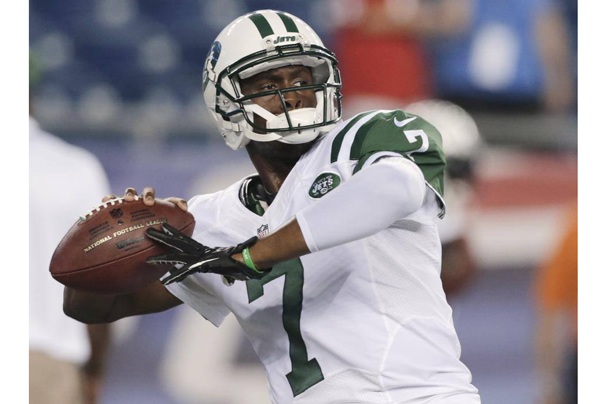
Perhaps no other sport is as ingratiated into the American consciousness as the National Football League. By far the most popular spectator sport in the United States, the NFL has grown to become as big a part of society as some of America’s oldest traditions.
This stronghold over sports fans has created one of the most successful businesses in American history. With nearly $10 billion in revenue in 2012, the NFL has entrenched itself as a behemoth cultural institution, so much so that the Super Bowl has become a de facto national holiday.
It should come as no surprise, therefore, that the NFL is reportedly considering expanding its playoffs from 12 teams to 14 and reducing its preseason from four games to three, which would add one more week of officially competitive play. Details are scarce, but it is already clear the NFL will carefully examine the benefits and risks of such an important decision.
The benefits are obvious and enormous. More playoff action means new revenue from ticket sales, broadcasting and advertising. For fans, it means more competitive, meaningful football and less oft-maligned preseason football. This means more must-see TV and Shakespearean-level drama.
It’s not all tailgating and touchdowns, however. Research has demonstrated that repeated head injuries are overwhelmingly responsible for cases of chronic traumatic encephalopathy and other forms of brain damage seen in many former football players. To that effect, the NFL recently entered into a $765 million settlement with a group of former players over allegations that they were misled over football’s health risks. Although attempts to increase the safety of its players by limiting hits to the head have been made, continued questions surround football’s lasting effects.
Expanded playoffs mean another week of intense play not seen in the preseason, raising the risk of career-threatening injuries. Moreover, a shorter preseason means less practice time, potentially lowering the quality of competitive football.
The NFL must decide if the risk of possibly serious injuries to its players is worth the benefits of higher revenues and legions of ravenous fans hungry for any football they can feast their eyes on. For all the criticism the league has faced over its controversial decisions, this is one that will no doubt not be made lightly
A version of this article appeared in the Monday, Sept. 30 print edition. Charles Surette is a contributing writer. Email him at [email protected].























































































































































